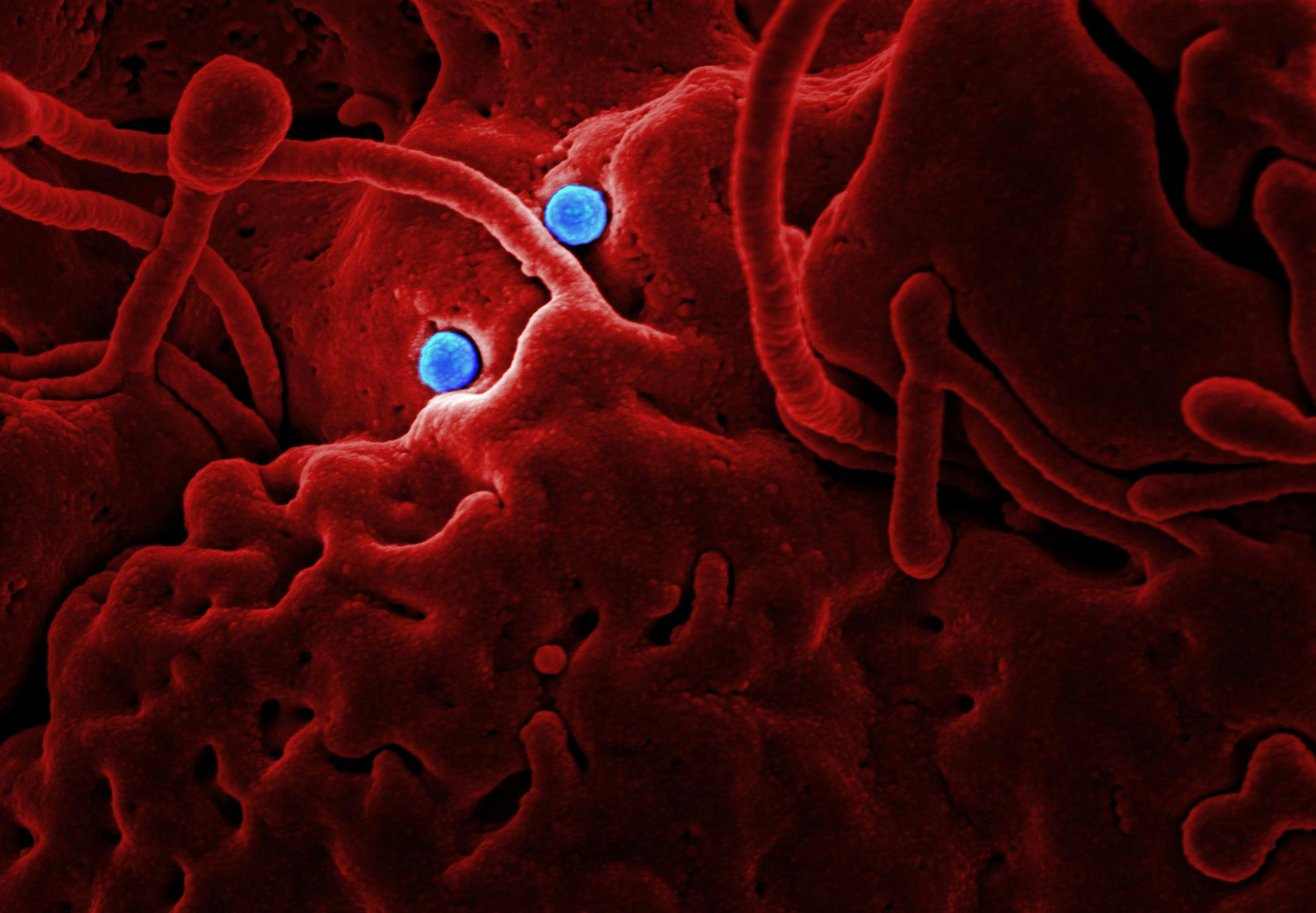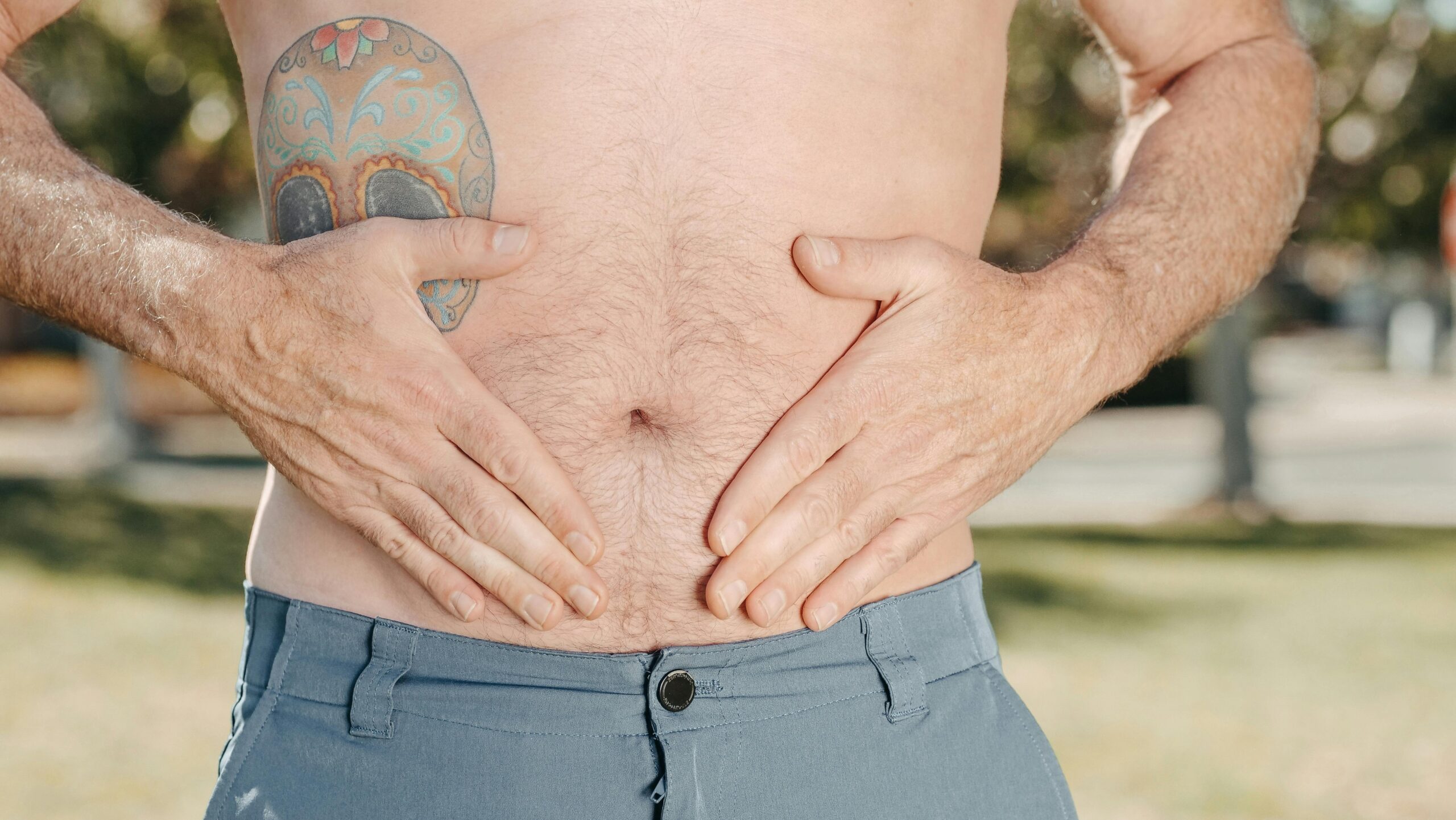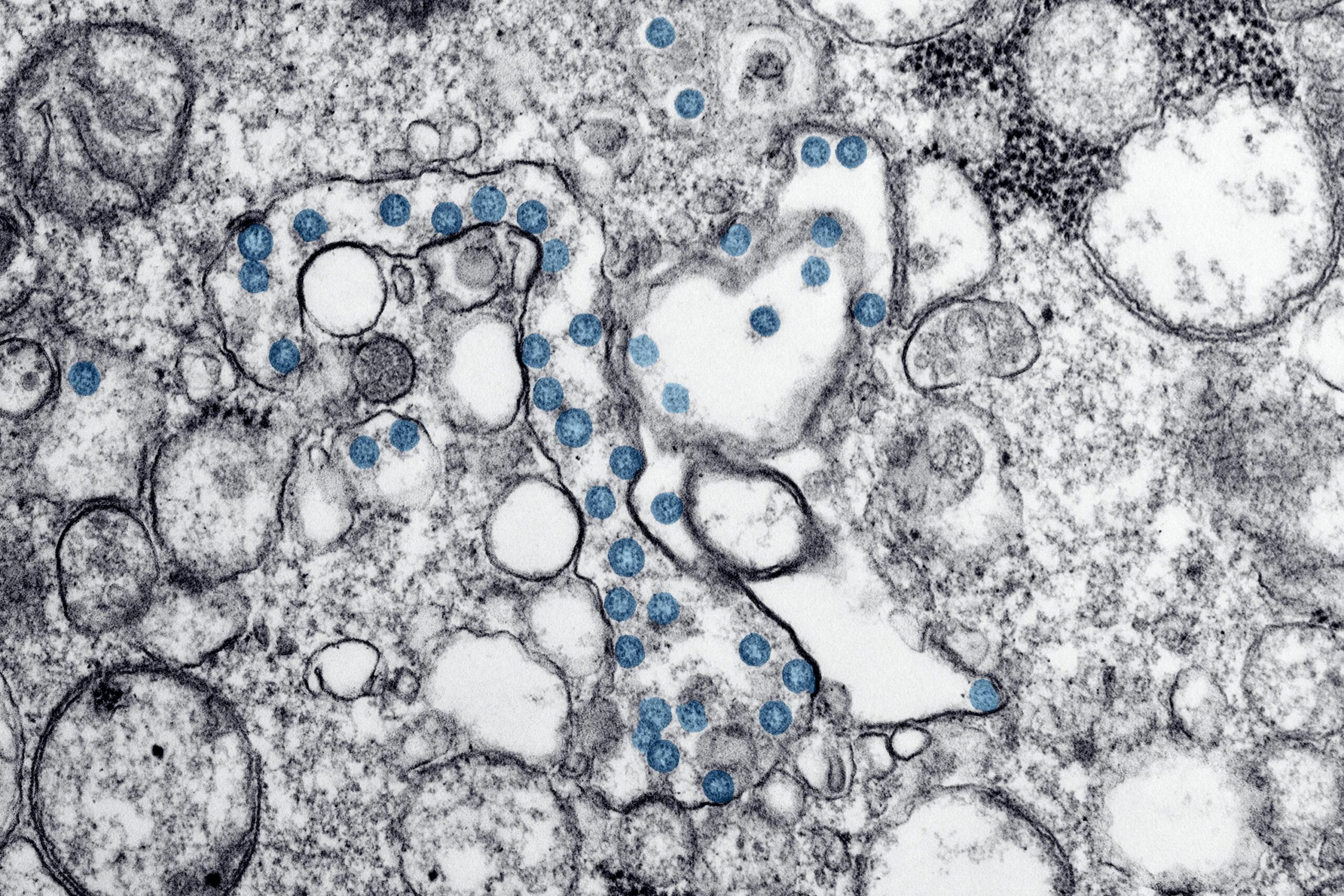
gut microbes


Gut Bacteria’s Secret Signal: How They Boost Your Immune SystemJuly 19, 2025

From Your Gut to Your Head: Scientists Find Bacteria That Could Drive Alzheimer’sJuly 18, 2025

Future of Aging: Targeting Gut Bacteria for a Healthier Tomorrow?July 17, 2025

Tiny Gut Cells Guard You From Disease: The Secret to a Healthy InsideJuly 13, 2025

Your Gut’s Immune System Just Got a Whole New Map – Here’s Why It MattersJuly 12, 2025

A Breakthrough for Senior Health: Gut Bacteria Findings Could Guide Hepatitis E TreatmentJuly 12, 2025

The Secret Sex Lives of Genes: How They Shape Digestion in Fish, And Maybe YouJuly 11, 2025

Is Your Gut Training Your Immune System? New Research Says Yes, Thanks to Tiny CellsJuly 9, 2025
